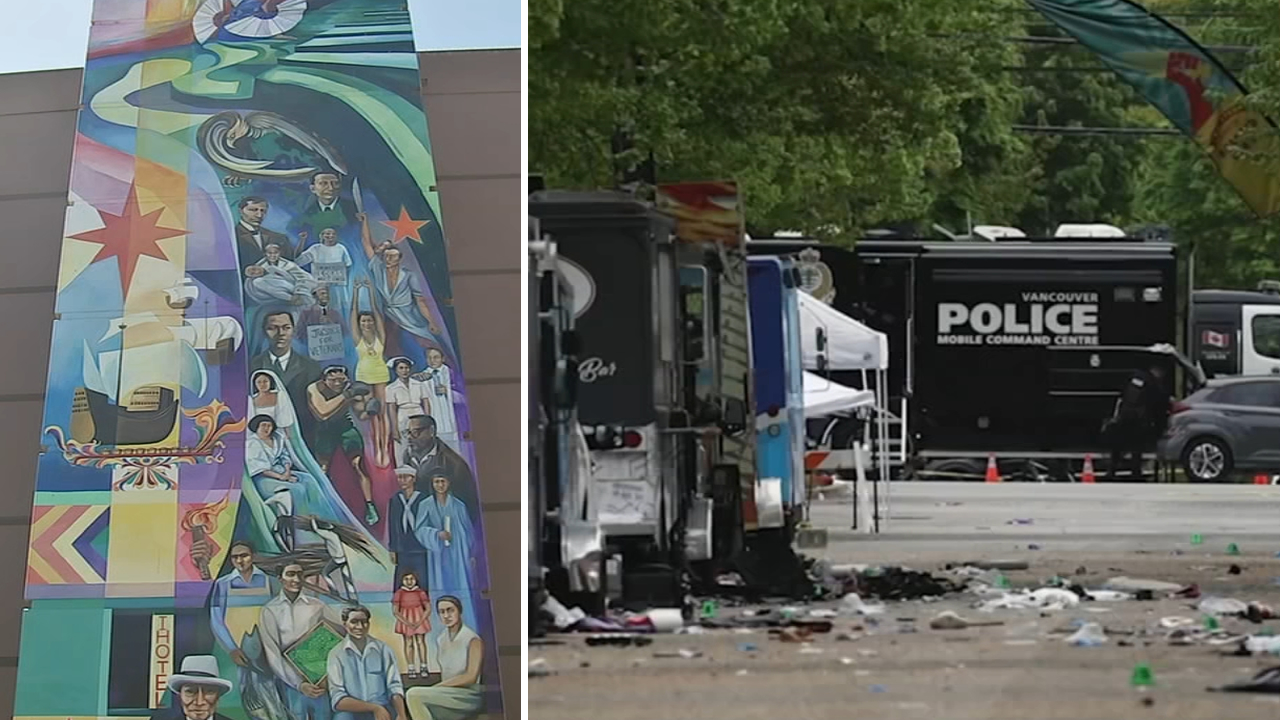Oakland seeks to resurrect Operation Ceasefire after new audit links its end to rising crime
OAKLAND, Calif. (KGO) -- Oakland Mayor Sheng Thao traveled to Washington D.C. on Tuesday to discuss gun violence prevention and securing federal resources to improve public safety in Oakland.
In a presentation to the Oakland city council Tuesday, the California Partnership for Safe Communities tied the ending of Operation Ceasefire with the current spike in crime in the city.
"It's focused on deterrence. So we are identifying and focusing on the less than 1% of community members who are at the center of violence and driving gun violence in this city," says Holly Joshi, who heads Oakland's Department of Violence Prevention.
Oakland's Operation Ceasefire became a national model for tackling gun violence when introduced 10 years ago. It focused attention on a small group of individuals and gangs. And also established programs like job training, counseling and social services.
New data suggests that the data-driven Operation Ceasefire worked. According to city of Oakland, there was a 42% drop in homicides from 2012 to 2017. Approximately 140 lives saved. But then came the pandemic and shift away from the ceasefire model.
MORE: Study credits ceasefire strategy for reducing gun violence in Oakland
Many community groups argue that there is room for improvement with regards to ceasefire. Yet, they remain optimistic that Mayor Thao, who fully backs Operation Ceasefire, and the Department of Violence Prevention will remain committed to violence intervention in resurrecting the program.
"They would be looking at best practices across the country to ensure that the programs that are invested in and implemented in the city of Oakland are based on the best available data. We certainly support that," says James Burch with Oakland's Anti Police-Terror Project.
But others are not as supportive.
"I'm not a fan of ceasefire, to be quite frank," says George Galvis, executive director of CURYJ, or Communities United for Restorative Youth Justice.
He says the data masks flaws with ceasefire's approach, some which led to no-knock raids targeting Black and Brown communities, and sometimes forcing people into compliance.
MORE: Data shows certain violent crimes are rising in Oakland as city nears full year without police chief
"And they proceed to kind of really posture. And kind of threaten them that if they don't change their behavior, they are going to be held accountable," he says. "And then at the end of that, particularly in these sessions, where they pool in about 20 folks, they offer two jobs at dish washers at some restaurant in Oakland."
Galvis says those types of jobs aren't attractive alternatives.
Another concern, he believes that ceasefire statistics are conflated with other programs run by the Department of Violence Prevention.
"So all city grantees who get violence prevention funding, (the Department of Violence Prevention) will, very often times, take credit for any impact those strategies have and consider that to be part of the Ceasefire strategy," explains Galvis.
The audit will be presented at Tuesday's city council meeting.
"The audit underscores the need for renewed focus, staffing adjustments, and a unified approach to enforcement. And (the Oakland Police Department has) already developed a plan to restructure OPD's strategy around ceasefire," says Acting Oakland Police Chief Darren Alison.
If you're on the ABC7 News app, click here to watch live








